Ansett demise ‘offers lesson for Virgin rescue’
John Anderson says the federal government should learn from the demise of Ansett when considering a bailout of Virgin Australia.
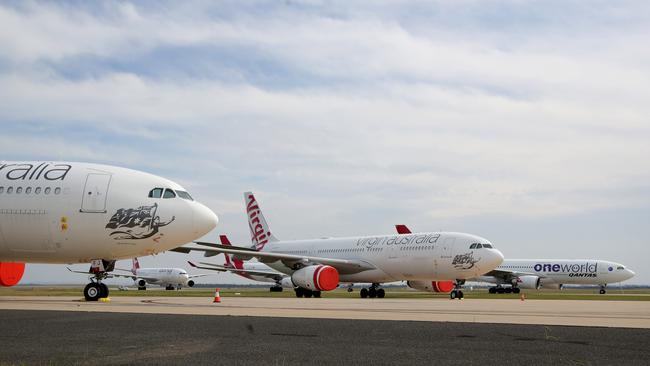
The federal government should learn from the demise of Ansett when considering whether to save Virgin Australia from collapse, says former deputy prime minister John Anderson.
The former National Party leader who was acting prime minister when Ansett fell over in September 2001, said it was a difficult decision at the time not to bail out the stricken carrier but ultimately the right one.
His comments came as Virgin Australia stepped up its call for the government to provide assistance in the form of a $1.4bn loan facility to help see it through the coronavirus crisis.
Virgin chief executive Paul Scurrah said he had not put a deadline in place for a response from the government but “speed was of the essence”.
Mr Anderson said he did not envy the Morrison government having to adjudicate the matter but said there were “lessons to be learned from the demise of Ansett”.
“The government at the time, and me foremost among them, took the decision that it was in everyone’s longer term interest to allow market forces to prevail,” Mr Anderson said. “So the question that the government has to consider, in part, is had normal market forces prevailed would this airline have made it?”
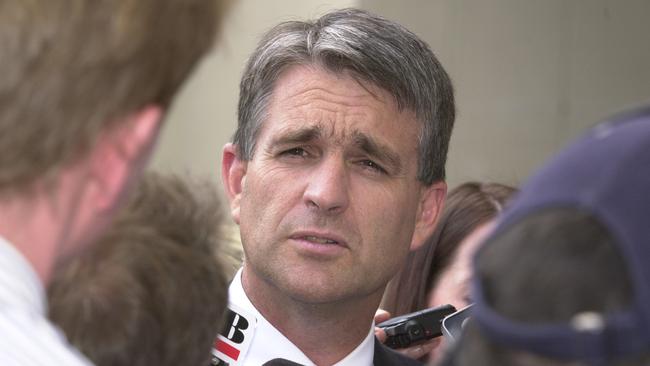
He said during the debate over Ansett’s future a survey showed 95 per cent of Australians thought the issue had nothing to do with the government.
“I accept that these are slightly different times, but there are some important parallels we must not lose sight of, such as the need to be very careful with taxpayers’ dollars,” said Mr Anderson.
“Governments don’t have dollars, only taxpayers do and the hangover from this crisis will have to be addressed and it’s going to be a very difficult hangover indeed.”
Mr Scurrah said it was in the government’s and the country’s best interest to maintain a competitive airline industry, even if that meant a $5.6bn “hand-up”.
After Virgin confirmed it had sought a $1.4bn loan facility on Tuesday, Qantas suggested it would be in line for proportional assistance of $4.2bn, being the much larger airline.
Mr Scurrah said if Qantas needed $4.2bn then they should get that support from government. “This is the biggest and most unprecedented crisis our economy is likely to see, let alone the airline industry,” he said.
“Every single airline in the world is in distress. If only one airline were to make it through (in Australia) there would be a long period of a monopoly which would be very bad for the economy.” Prior to Virgin Australia’s establishment as budget carrier Virgin Blue, “sale fares” in Australia were as high as $699 for Melbourne-Sydney and $649 for Melbourne-Hobart.
Mr Scurrah said Virgin had been keeping airfares down for more than 20 years and not just on domestic routes.
International travel was also likely to cost much more in a post-coronavirus world without strong competition, he said.
“Because of the distressed balance sheets of all the international carriers, they’re going to cut back on any marginal flying and it’s common knowledge that Australia is often a marginal route, particularly for US carriers,” he said.
“So Virgin will play an increasingly important part on the other side of this crisis with our international network to ensure there is competition.”
The airline saw its credit rating downgraded from B+ to B- by Fitch last week, in reflection of the sharp drop in aviation market demand.
Fitch analyst Kelly Amato said it would like to see Virgin raise additional funding over the next three months. “(Coronavirus) has come just as they were making headwinds in terms of getting a new structure in place, taking costs out of the business, reducing debt levels and making Virgin a viable airline,” Ms Amato said.
“We did see them on the path to becoming profitable, and the way they’ve responded to this pandemic shows they are really committed to making the airline survive.”
Virgin Australia’s shares closed down 4.4 per cent at 8.6c on Thursday. Qantas shares were down 5.2 per cent at $3.20.


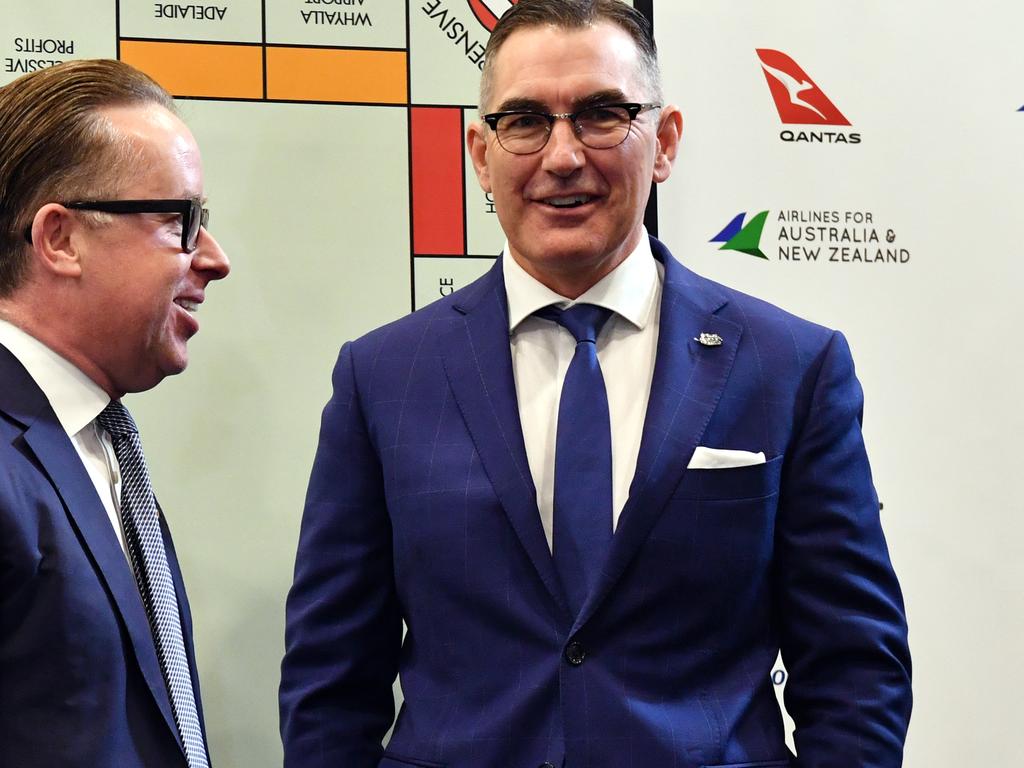
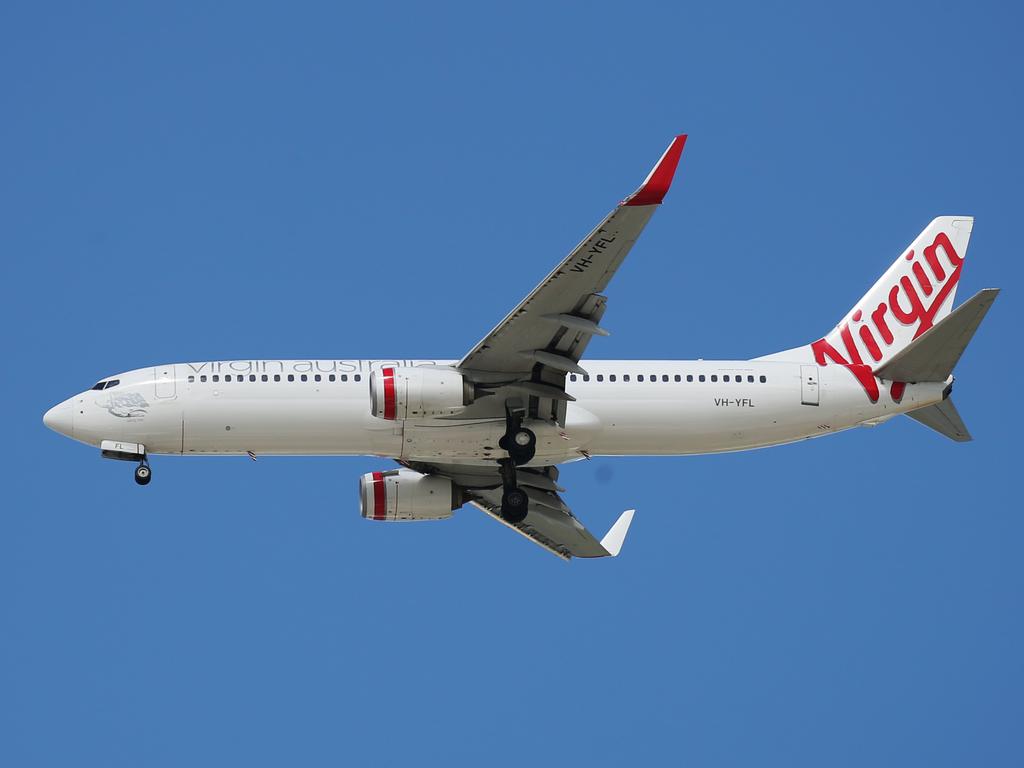
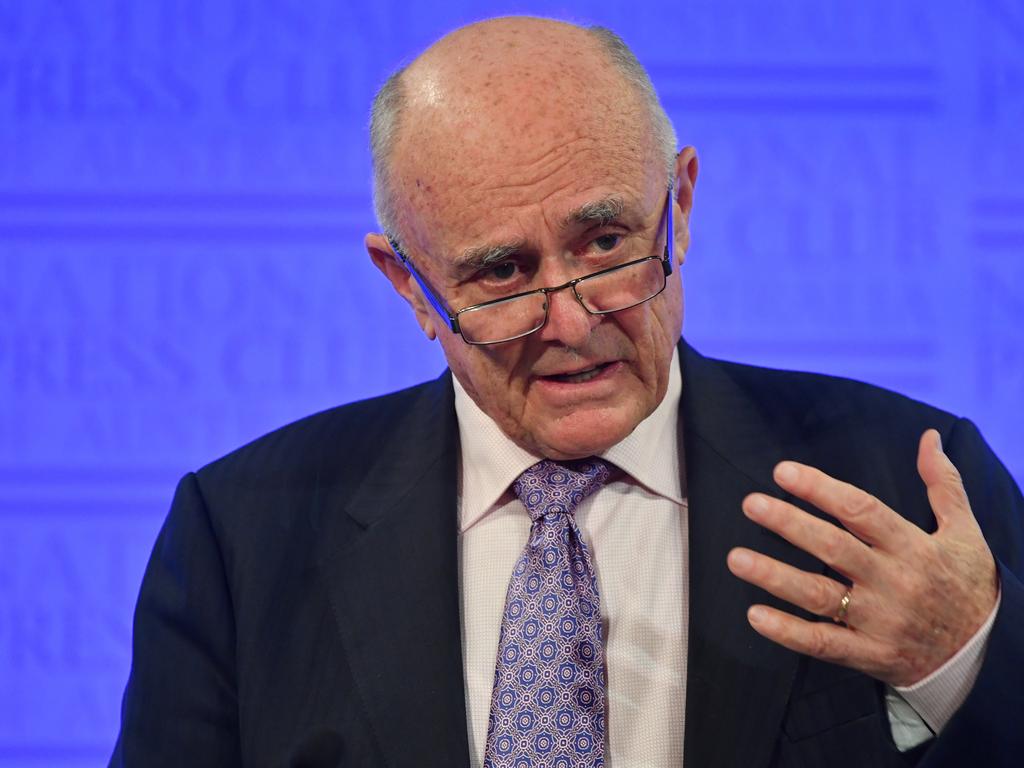


To join the conversation, please log in. Don't have an account? Register
Join the conversation, you are commenting as Logout